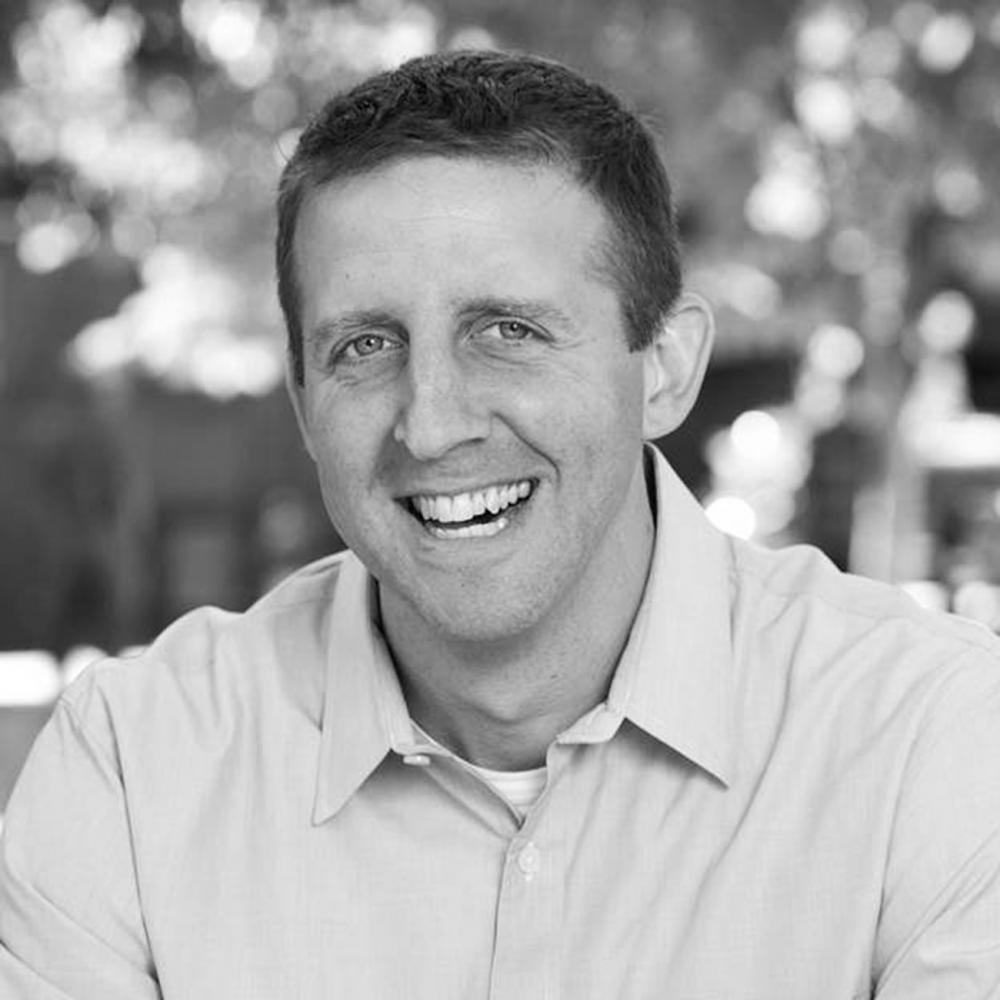When Oregon Humanities commenced its Conversation Project titled “Why Aren’t There More Black People in Oregon?” last year, the facilitator began by examining troubling parts of the state’s past. Talking about a history of racism that stretched from the nineteenth-century influx of former Klansmen to twentieth-century laws that restricted where black Oregonians could live to contemporary economic displacement made some participants from the overwhelmingly white state uncomfortable.
“It’s not easy to get people who love their state to look at shameful things in its past, from legislation to attitudes,” Adam Davis says. “Some asked, Why are you talking about race? and some said, We need to talk about these issues. At Oregon Humanities, we want to go toward the tension rather than shying away. I think there’s more diversity at the table if you model respectful disagreement and show that that’s a good thing rather than a bad thing. We’re not after consensus. We want exploration, not agreement.”
Davis, who has headed Oregon Humanities since 2013, has spent much of his career mixing the social and the intellectual. He earned a PhD from the Committee on Social Thought at the University of Chicago, and when he wasn’t studying, he did physically demanding work first with the Forest Service in the Pacific Northwest and then on a farm and a kibbutz. He has also taught in nontraditional venues, including summer and Saturday programs for Camp of Dreams, a nonprofit organization benefitting young Chicagoans that he cofounded with his brother.
“I knew while I was getting my degree that full-time academia was not what I wanted,” he recalls. “I loved the community aspect,” he says, adding, “I loved asking the questions,” not just assuming he had all the answers. In work with various projects, including directing the Illinois Humanities Council’s Justice Talking / The Meaning of Service, a reading and discussion group for AmeriCorps members and staff, Davis combined his teaching with community work by “getting young people thinking about why they were doing the work they do.” He often used poetry and other literature (from Plato’s Republic to poems by Naomi Shihab Nye to a short story by Charles W. Chesnutt) to provoke them to question their own motivations and goals. Some of those literary works appear in Taking Action: A Reader and The Civically Engaged Reader, which Davis developed while at the Center for Civic Reflection. Davis says that “having all these readings and questions they raised collected and available to pick up and think about seems to honor the complexity of the good, difficult work many people are trying to do in the world.”
Davis began working with the Center for Civic Reflection in 2005 and became its director in 2011. It was while he and his colleagues were doing workshops on their reflection-provoking work that he learned about the efforts of Oregon Humanities. “They were using the tools of the humanities to help people connect, to ask the hard questions,” he realized.
Davis’s ability to make the case for the value of the humanities has boosted OH’s support, both through grants and via partnerships with libraries, VISTA, Portland Children’s Museum, Portland Playhouse, Adelante Mujeres (an organization that works to empower low-income Latinas), and now even a private company, Cambia Health Solutions. In OH events such as its quarterly Think & Drink programs, in meetings with various partners and facilitators, and in the organization’s communications efforts such as its magazine and website, Davis emphasizes how the humanities bring people together to reflect upon urgent issues.
In its Conversation Projects, OH facilitates discussions hosted by a local nonprofit, community group, or business on a topic relevant to their community. Rather than swooping down from Portland with a prepackaged program, “we start with the community’s questions.” In conversations with board members, facilitators, and others around the state, the organization learns where tensions are emerging. Projects have addressed controversial matters like what people want from the wilderness, Oregon’s pioneering land-use policy (with its innovative urban growth boundary), and economic inequality.
Even in a state that, as the TV series Portlandia often portrays, prefers to avoid conflict or deal with it in passive-aggressive ways, those projects have drawn strong attendance, proving so popular that OH wound up working with other organizations in the state’s rural areas, forming work groups that continue the conversations. As Oregon rapidly grows more diverse, issues arise with increasing frequency, opening spaces for the kind of conversations Oregon Humanities sparks.
The next tough issue Davis is pursuing may be the ultimate hard question: death. In Oregon, which enacted the nation’s first death with dignity law in 1994, its place in public policy debate along with its extremely personal nature makes dying an ideal — if sometimes uncomfortable — subject for deep conversations. In this Conversation Project, poems by Adrienne Rich and Stanley Kunitz will augment discussions sometimes dominated by economics and policy, if not religion and philosophy. Almost certainly, there will be much to disagree about and much to think about.


